Table of Contents
With Ghana's frequent power outages (dumsor) and rising electricity costs, small energy storage cabinets are becoming a lifeline for homes and businesses. This guide covers lithium battery prices in Ghana, solar/inverter options, and how to choose the right system for your needs.
Why Ghana Needs Energy Storage Now
Picture this: It's 3pm in Accra, your freezer full of tilapia starts thawing during another power cut. Across town, a clinic's vaccine fridge temperature rises dangerously. This isn't hypothetical - Ghana experiences 12-16 hours of daily outages in peak seasons according to ECG reports.
But here's the good news: A 5kWh energy storage cabinet can keep essentials running for 8+ hours. Unlike noisy generators, these silent lithium systems pair perfectly with solar panels - exactly what Kumasi businesses are adopting to beat "dumsor".
The Hidden Costs of Power Cuts
• Food spoilage: Makola Market vendors lose GH₵500 daily per freezer
• Medical risks: 23% of clinics report vaccine damage from outages
• Productivity: Students study 38% less during blackouts (University of Ghana study)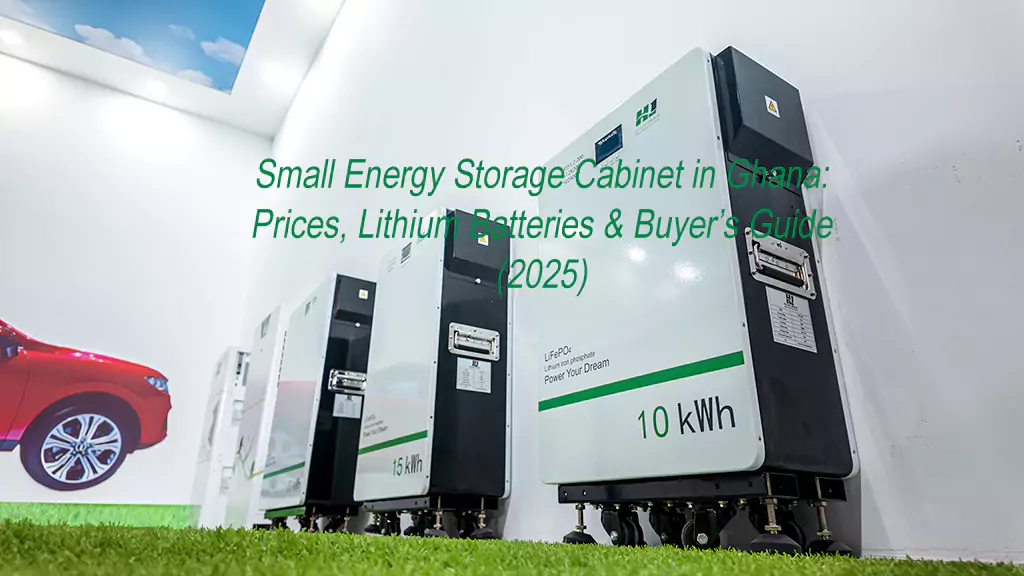
How Small Energy Storage Cabinets Work
At its core, these systems do three things smarter than generators:
1. Store solar/grid energy in lithium batteries (typically LiFePO4)
2. Automatically switch during outages in 10ms (vs 30sec for generators)
3. Optimize energy use based on your patterns
You know what's surprising? The latest cabinets from China now handle Ghana's humidity and 40°C heat better than lead-acid systems ever could.
Top 5 Users in Ghana (With Real Cases)
1. Urban Families
A East Legon homeowner installed a 5kWh system last year. "We've cut generator use by 80%," says Kwame A. "The lithium battery still shows 100% capacity after 500 cycles."
2. Corner Stores
Adwoa's shop in Kasoa lost GH₵300 worth of drinks monthly. Her 10kWh cabinet now keeps fridges cold through outages. Payback? Just 14 months.
3. Cell Tower Operators
MTN Ghana is quietly replacing diesel gensets with solar+storage at remote sites. Their Tema pilot site saved 6,000 liters of diesel annually.
Energy Storage Cabinet Ghana Prices: 2025 Breakdown
| Component | Lithium Battery Price (GH₵) | Lifespan |
|---|---|---|
| 5kWh LiFePO4 Battery | 8,000 – 15,000 | 10 years |
| 3kW Hybrid Inverter | 6,500 – 10,000 | 8 years |
| Installation (Accra) | 1,500 – 3,000 | – |
Cost Factors:
-
Import taxes: 10% duty on solar equipment (2024 update)
-
Location: Prices in Kumasi 5% higher due to transport costs
Wait, no... that lead-acid "bargain" actually costs 40% more over a decade! Lithium's deeper discharges (90% vs 50%) mean you need smaller, cheaper systems too.
5 Must-Know Buying Tips for Ghanaian Buyers
1. Check cycle life: 6,000+ cycles for LiFePO4 batteries
2. Local service matters: Can the supplier fix issues in Accra within 48 hours?
3. Avoid "no-name" inverters: Stick with Huijue, Growatt or Victron
4. Ask for ECG compliance certificates
5. Consider hybrid systems - solar + grid charging cuts payback periods
Well... you might wonder "What size do I need?" For a typical 3-bedroom home using 15kWh/day, a 10kWh system with 3kW solar covers 70% of needs.
Q&A
Q: How long do lithium batteries last in Ghana's heat?
A: Quality LiFePO4 handles up to 45°C with proper ventilation. Expect 8-12 years.
Q: Can I expand my system later?
A: Yes! Modular cabinets let you add batteries like building blocks.
Q: What maintenance is needed?
A: Just keep vents clean. No watering like lead-acid batteries.



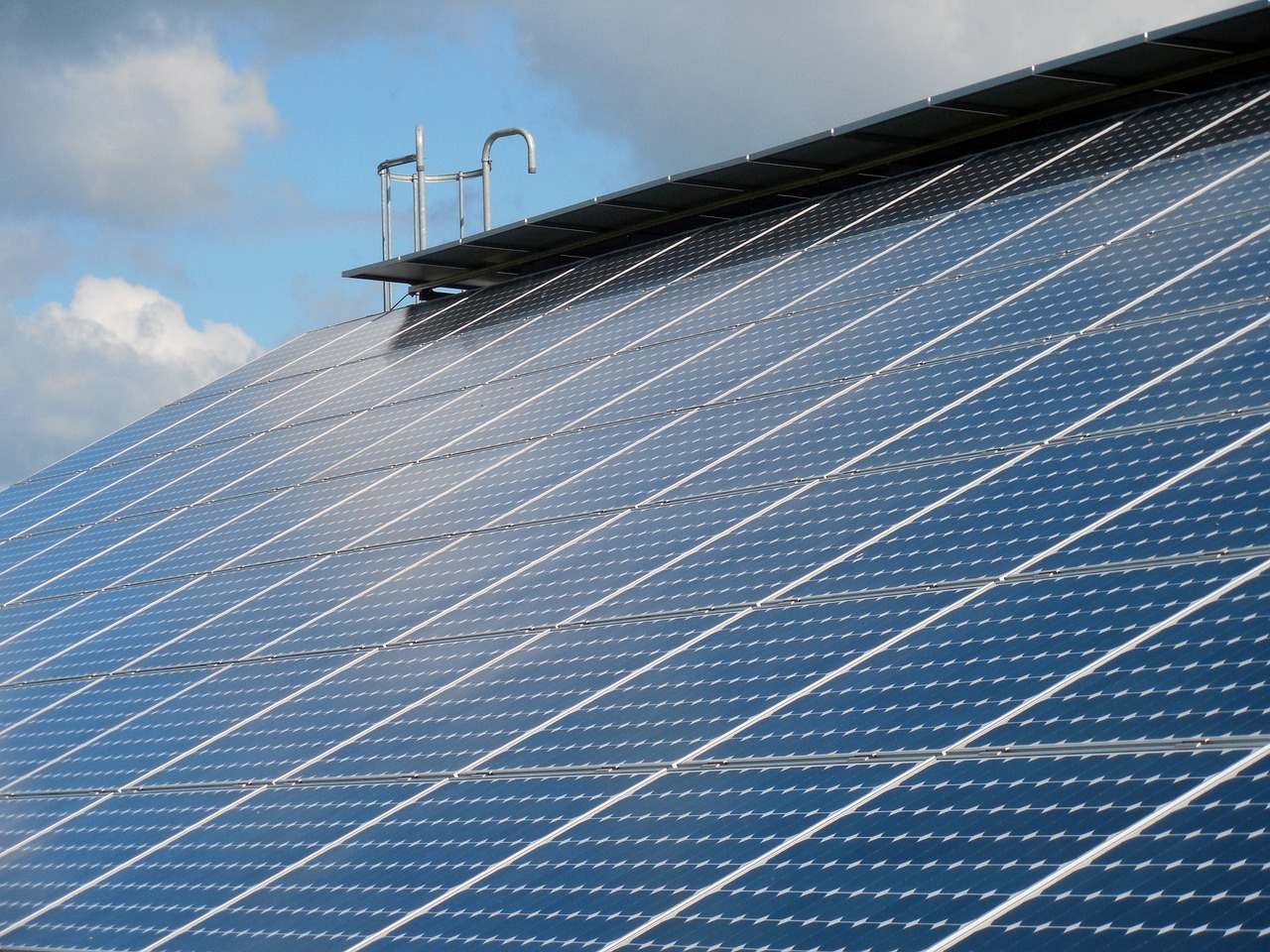
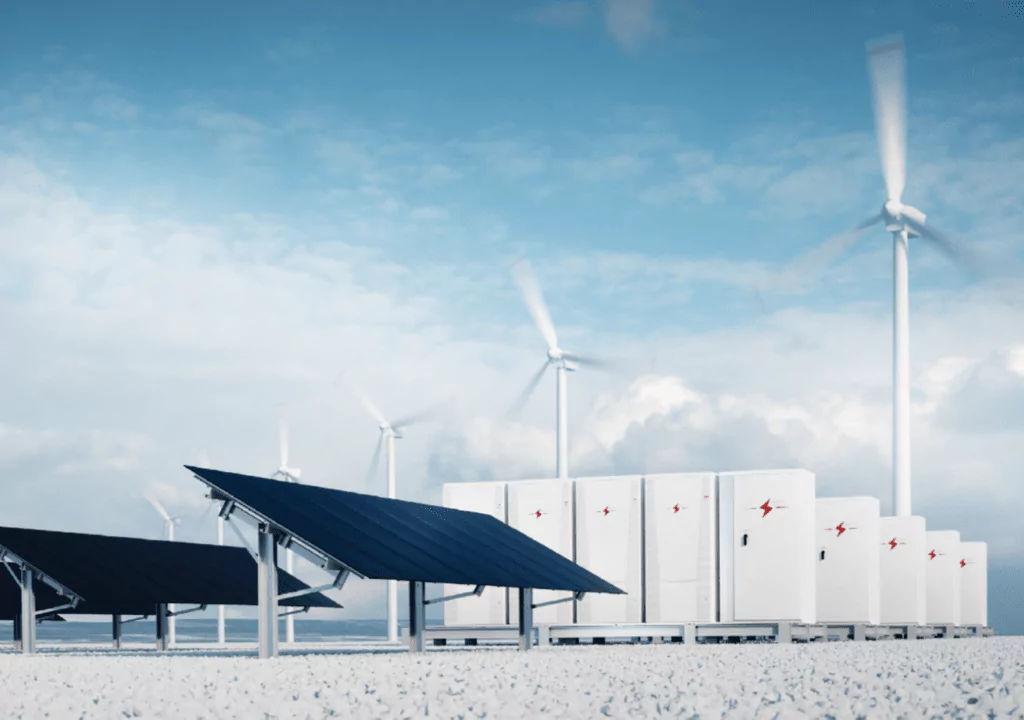
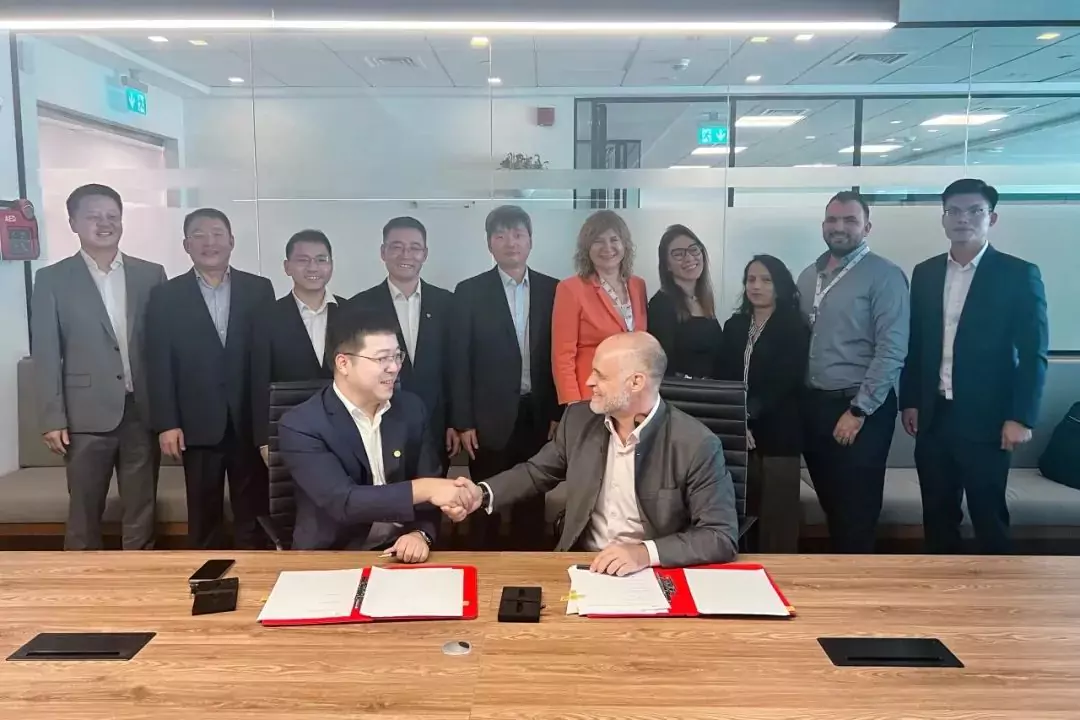
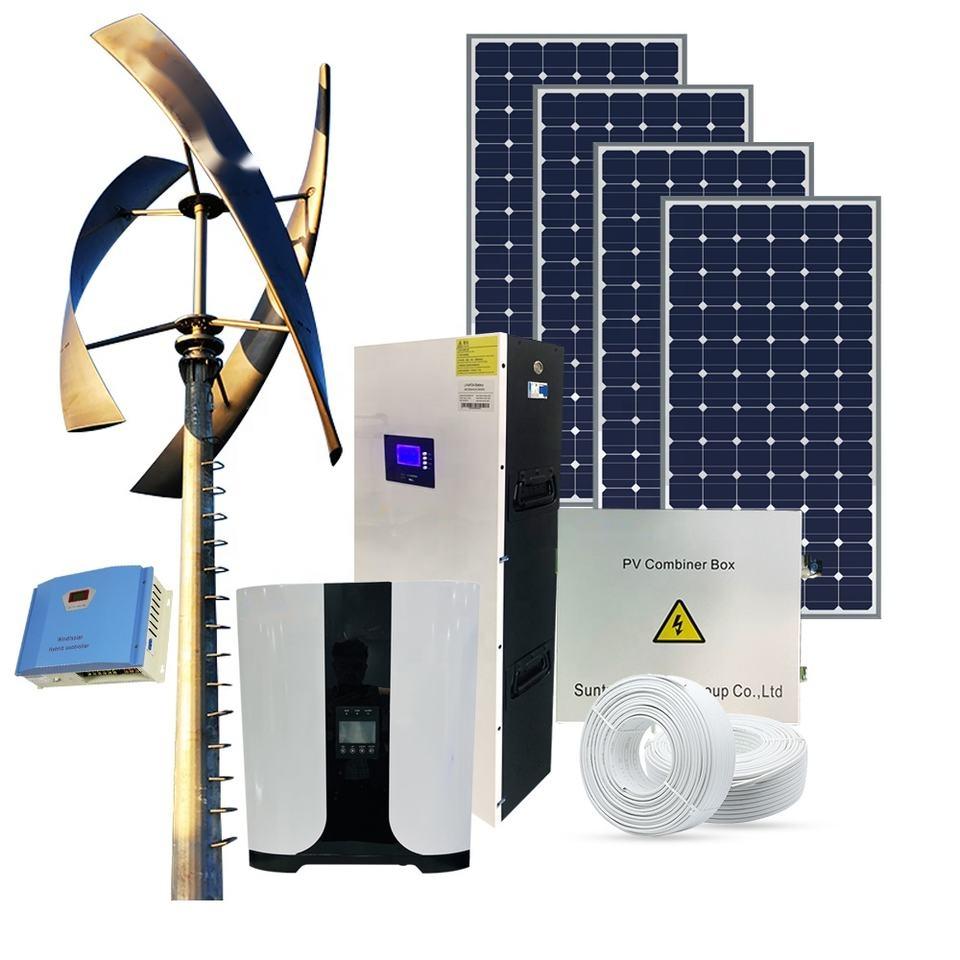
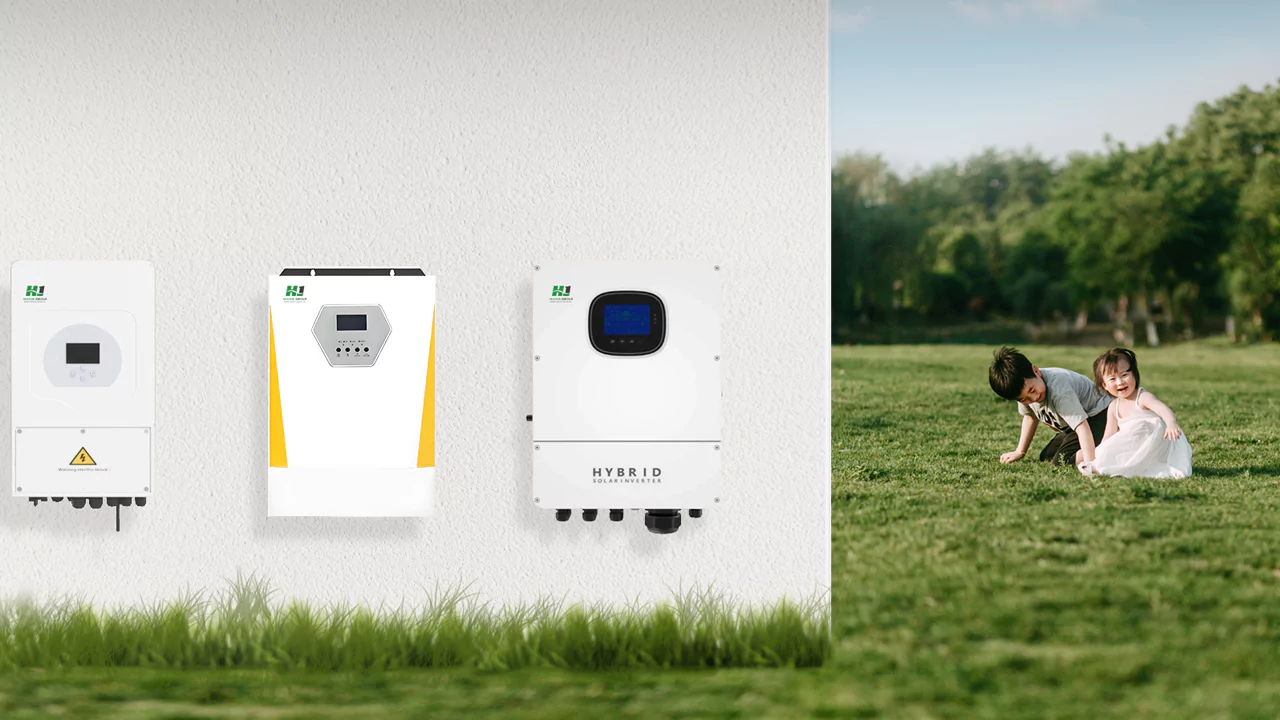

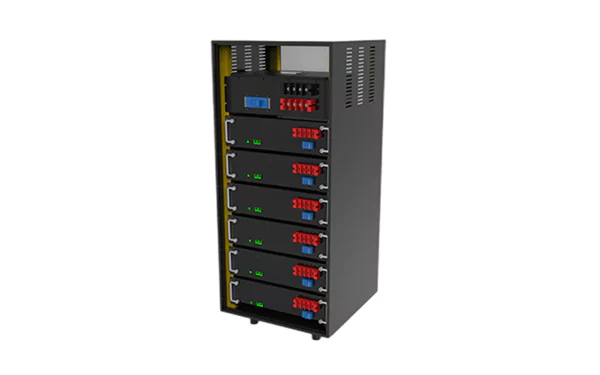
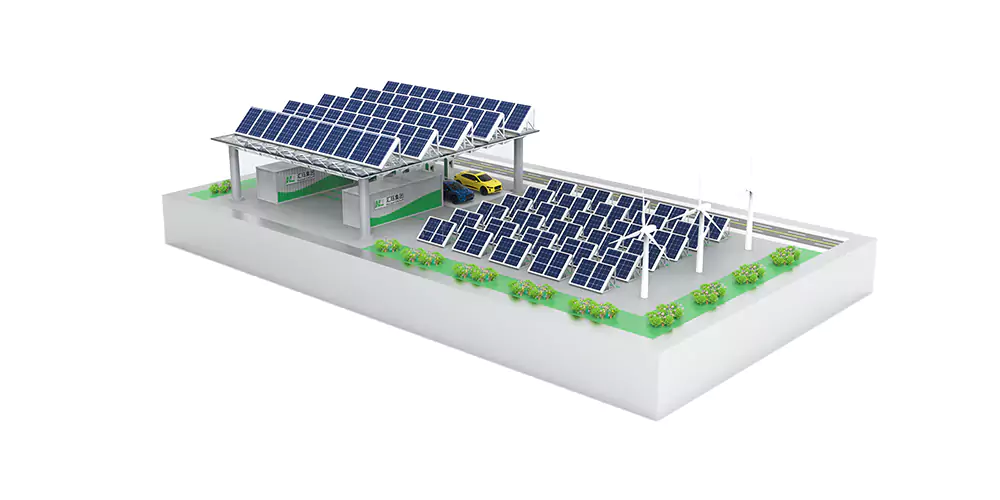
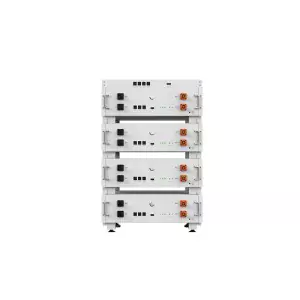
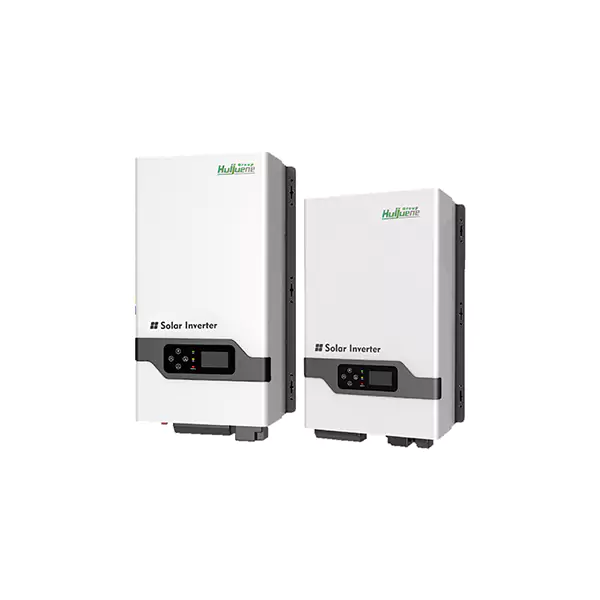
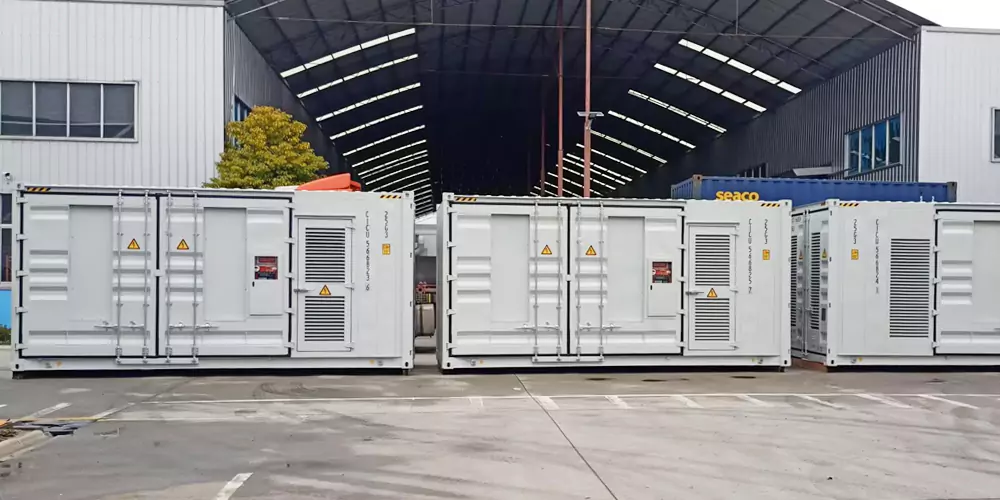
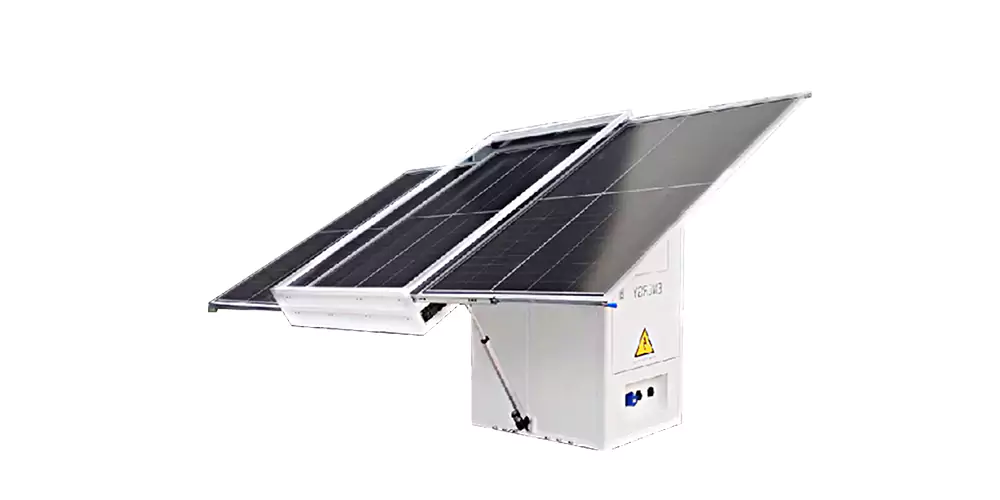

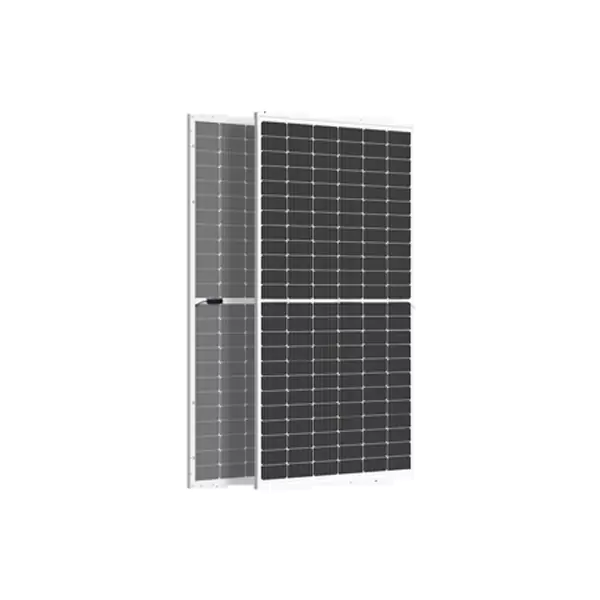
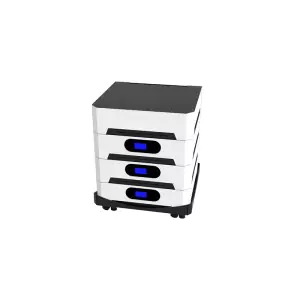
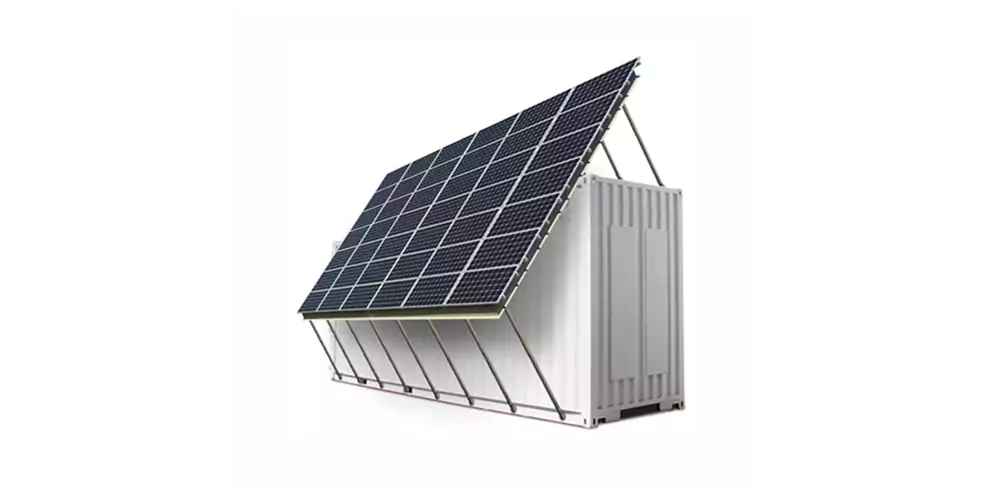
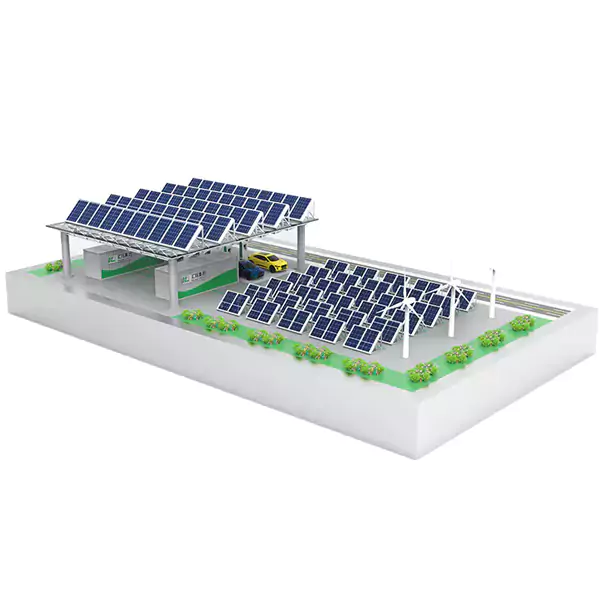
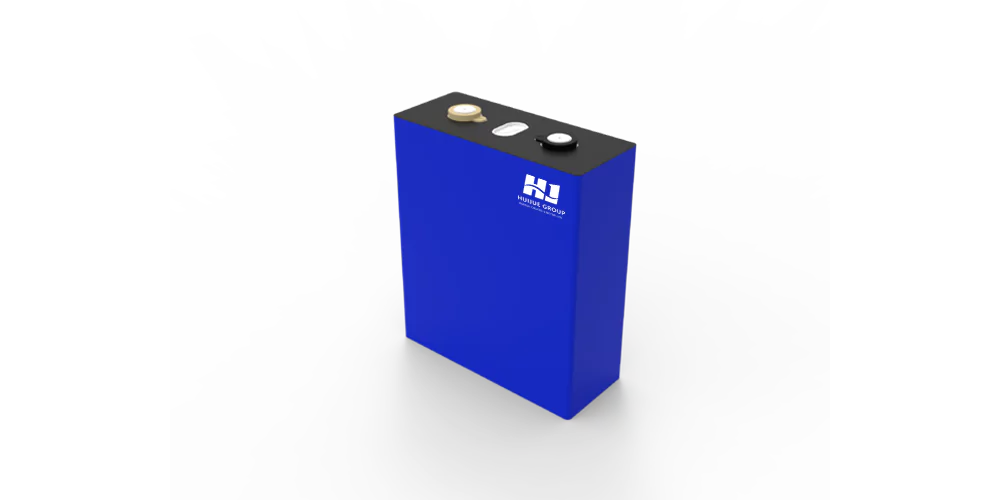
 Inquiry
Inquiry Online Chat
Online Chat